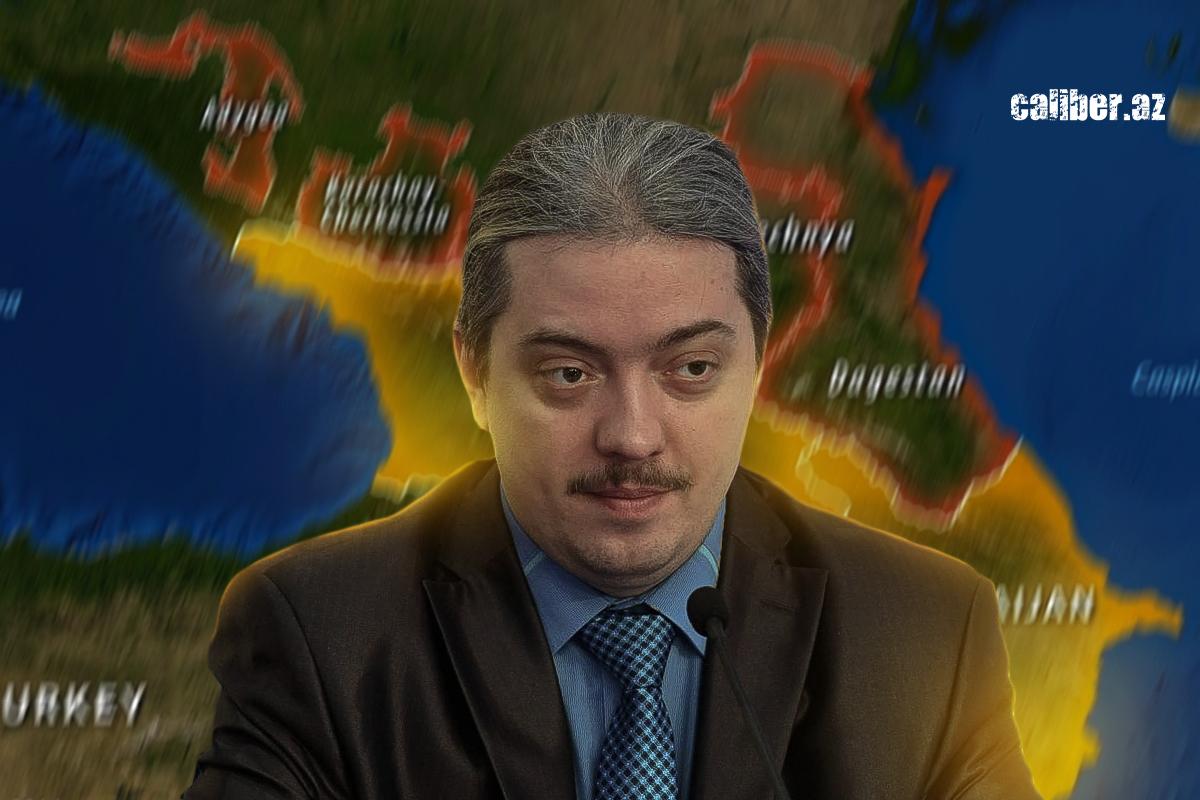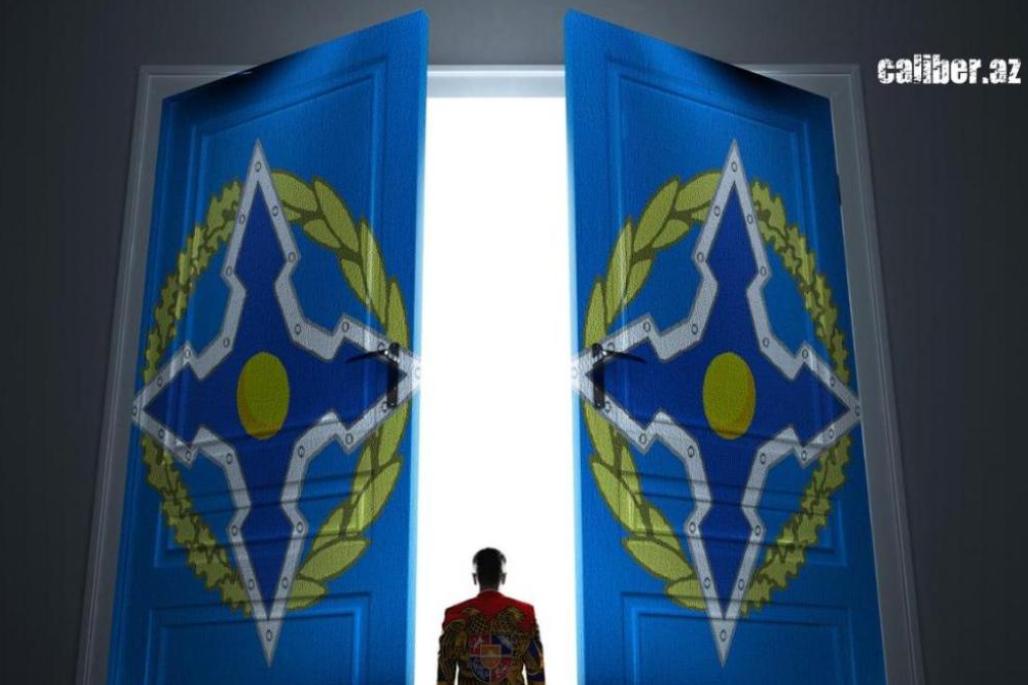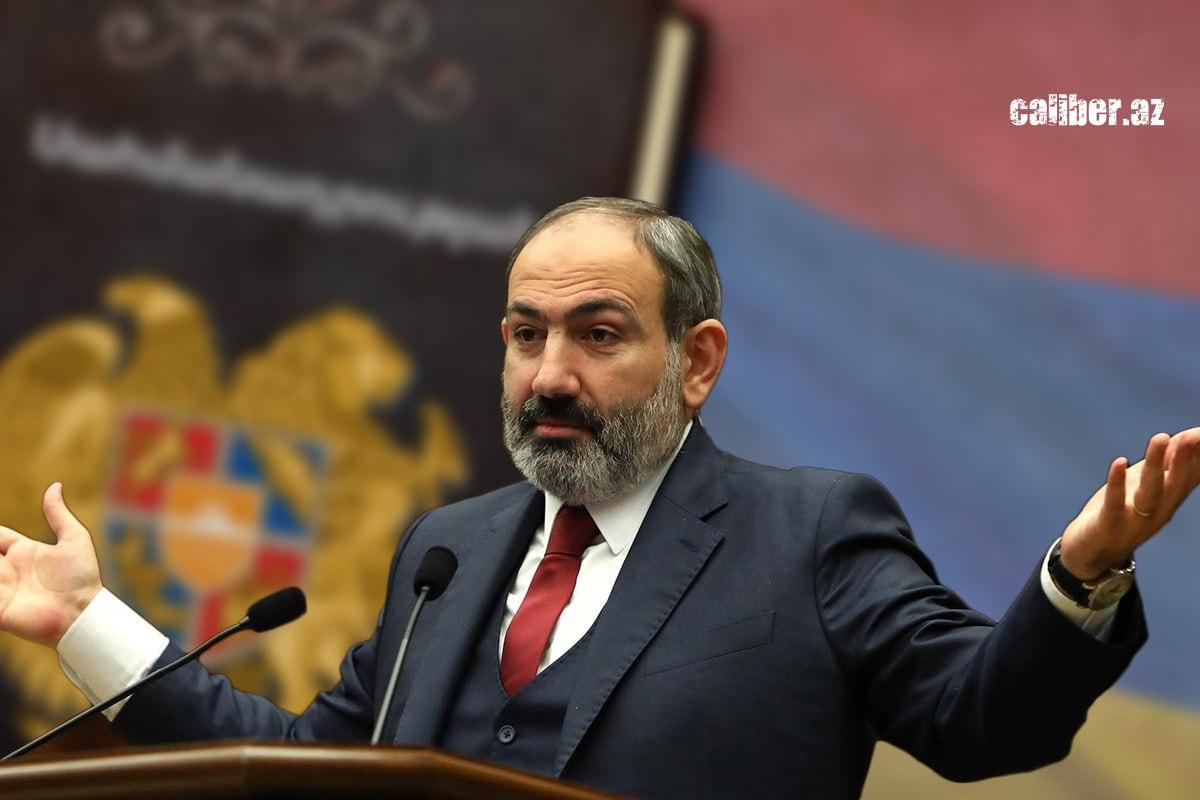Yerevan-Moscow relations: A suitcase without a handle No mourning for Armenia
Russian political scientist, publicist, and public figure Dmitry Verkhoturov was interviewed by Caliber.Az.

— How do you view the removal of Russian border guards from Yerevan’s Zvartnots Airport?
— The situation with Zvartnots Airport, in my opinion, is connected to a few factors. Before the Russian border guards ceased operations there, the Armenian side had expressed frustration, accusing the Russian guards of overstepping their authority and blocking certain individuals from entering Armenia. In reality, Armenian officials were concerned that the Russian border guards were consistently recording the arrivals of Western representatives, which had increased notably in recent times.
This meant that Russia was aware of all the interactions between Armenia and Western figures, which likely unsettled local authorities. Now, with the departure of the Russian border guards, Yerevan will likely expand these contacts without fearing that Moscow will be informed.
— Do you think Armenia will leave the Collective Security Treaty Organization (CSTO) by the end of this year?
— Based on what I understand of Pashinyan's logic, if it exists at all, he wants to exit the CSTO but is still hesitant. He will likely take certain steps in this regard, even if they are inconsistent. The form these steps will take remains to be seen. In any case, I believe he will attempt to change the situation gradually, step by step, rather than abruptly tearing up the treaty and leaving the alliance all at once.

— Will the issue of removing the Russian base from Gyumri come up?
— I think the base in Gyumri will remain for as long as possible because the presence of Russian troops can always influence the political situation in Armenia, especially in the event of color revolutions. Therefore, the Gyumri base will stay in place and will be maintained for as long as it can be.
— Nikol Pashinyan has refused to revise Armenia's constitution, which still contains territorial claims against Azerbaijan. Given this, should we expect a peace agreement to be signed by the end of this year?
— I have spoken extensively about the need for a peace agreement with Armenia, which I see as a positive step crucial for strengthening Armenian statehood, which is currently unstable. However, it appears that the Armenians are not interested in this. Given their current behavior, a paper agreement would unfortunately hold little value. Due to Armenia's destructive stance, there are no other options left. Nonetheless, I still believe that even a peace agreement on paper is a positive step and should be welcomed. However, it is unlikely such an agreement will be signed by the end of the year, especially considering Armenia's lack of clear commitment to it.
— Do you foresee Armenia making a definitive shift towards the West in the medium term?
— This is an interesting question. The situation in Ukraine has led to a reassessment of many concepts in Moscow that were once considered inviolable. For example, the notion of being within a sphere of influence. Russia had previously pursued a policy of supporting entire republics, providing various forms of assistance as long as they were verbally pro-Russian, even if their actions contradicted this by building ties with the West. However, now Russia may question whether Armenia is needed at all in any capacity. Especially since Armenia offers no tangible benefit to Russia, and none is anticipated. To be blunt, Armenia's value to Russia is nearly zero. In fact, I would go further to say that for Moscow, Armenia is like a suitcase with no handle—difficult to carry and hard to discard.

— Is it possible that Armenia-Russia relations might completely deteriorate in the future?
— In my opinion, it is possible. As I mentioned earlier, Armenia offers no real benefit. What can be expected from a country that pursues a clearly unfriendly, and at times hostile, policy towards Russia? Consequently, Moscow might decide to end its close relations with Armenia. Moreover, Armenia has not learned any lessons from Ukraine, which was almost considered an ally. Nevertheless, we made a decision and chose a side, and now Ukrainians are considered enemies. The same could happen with Armenia even more swiftly and easily due to its current stance.
On the other hand, there is another factor to consider. If Armenia loses Russia’s support entirely, it could face division or a staged dissolution. No one in the South Caucasus would be upset if a country that is essentially a source of problems and endless conflicts disappeared from the region. Therefore, much depends on how the Armenians conduct themselves moving forward. I do not rule out the possibility that Armenia might pursue a policy that leads to such a grim scenario.








